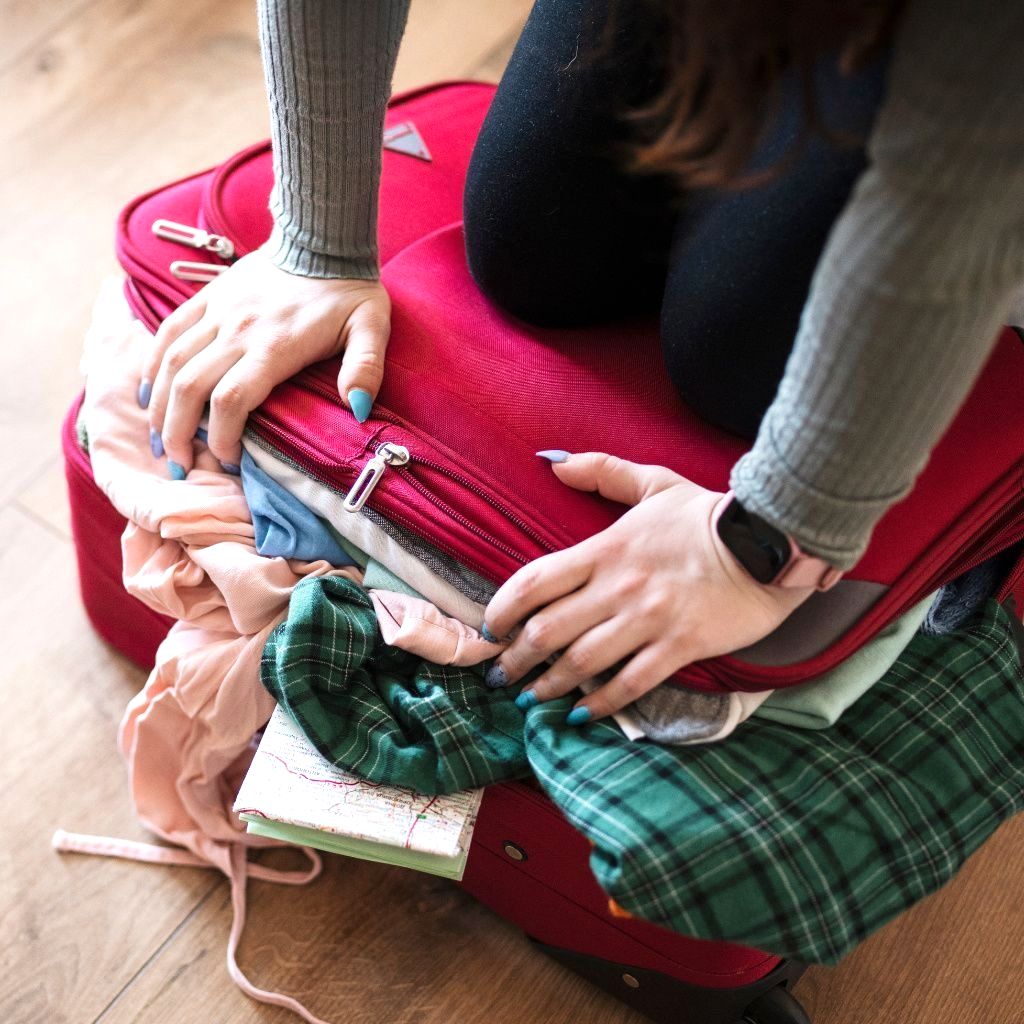



Studying abroad opens the door to incredible adventures. Suddenly, weekend trips to nearby cities—or even other countries—are within easy reach. Flights can be cheap, trains are convenient, and your classmates are always up for a getaway.
But with all this freedom comes responsibility. The way you travel impacts the environment, local communities, and even how international students are perceived. Responsible travel isn’t about giving up fun—it’s about being mindful so your adventures create lasting memories, not problems.
Here’s how to travel responsibly as a study abroad student.
When studying abroad, it’s tempting to create a long “bucket list” and rush through destinations just to collect photos. The downside? You end up exhausted, broke, and with only surface-level experiences.
Instead, slow down. Visit places that genuinely interest you—not just the ones trending on Instagram. Smaller towns or hidden gems often give you the most authentic experiences while being cheaper and less crowded.
Whenever possible, travel outside peak tourist season. You’ll save money, avoid the crowds, and enjoy a more local feel.


Dragging a heavy suitcase up hostel stairs or cobblestone streets is no fun. Packing light not only makes travel easier, but it’s also more eco-friendly since lighter loads reduce transportation emissions.
Sustainable packing tips:
Choose clothes you can mix and match.
Carry a reusable water bottle, tote bag, and cutlery to avoid single-use plastics.
Skip “just in case” items—you can always buy essentials locally.
You’ll be surprised how little you actually need once you’re on the road.


As a student traveler, where you spend your money matters. Choosing a family-owned restaurant over a fast-food chain directly supports local livelihoods. Similarly, staying in guesthouses or hostels usually benefits the local economy more than international hotel chains.
When shopping for souvenirs, opt for handmade or locally crafted items. They carry more meaning than mass-produced trinkets and ensure your money supports local artisans.


Every culture has unspoken rules, and learning them can prevent misunderstandings. Before visiting a new place, spend a few minutes researching:
How do locals greet each other?
Is tipping expected?
Are there dress codes for religious sites?
Any gestures considered rude?
Even if you make mistakes, locals appreciate the effort. A polite smile and a simple phrase in the local language go a long way.


Responsible travel doesn’t mean sacrificing comfort—it’s about small swaps that make a big difference.
Choose trains over flights when possible—they’re often cheaper, greener, and more scenic.
Walk or cycle around cities to explore at your own pace.
Save water and energy by taking short showers, reusing towels, and turning off lights when leaving your room.
Avoid tourist attractions that exploit animals, such as elephant rides or photo ops with sedated tigers.


As a study abroad student, you’re not just a tourist—you represent your home country and your university. Small gestures of respect leave a lasting impression.
Be mindful in quiet neighborhoods, ask before photographing people, and always clean up after yourself. These small acts make locals more welcoming to students who come after you.


It’s tempting to squeeze in as many countries as possible during your semester abroad. But slow travel often creates deeper and more meaningful memories.
Instead of rushing through three cities in a weekend, consider immersing yourself in one. Return to places you love rather than constantly chasing “the next destination.” This approach not only reduces your carbon footprint but also saves money and gives you richer cultural experiences.


Even a small effort in learning the local language makes a big difference. A simple “hello,” “thank you,” or “excuse me” shows respect and often earns you a warmer response from locals.
If you’re staying for several months, invest time in learning more of the language—it can completely transform your experience abroad.


Photos are an important part of capturing memories, but they shouldn’t come at the expense of respect.
Don’t block streets or doorways for the perfect shot.
Always ask before photographing people.
Be mindful in sacred or private spaces where photos might not be appropriate.
Remember: these places are people’s homes, not just backdrops.


We use cookies to improve your experience on our site. By using our site, you consent to cookies.
Websites store cookies to enhance functionality and personalise your experience. You can manage your preferences, but blocking some cookies may impact site performance and services.
Essential cookies enable basic functions and are necessary for the proper function of the website.
Statistics cookies collect information anonymously. This information helps us understand how visitors use our website.
Marketing cookies are used to follow visitors to websites. The intention is to show ads that are relevant and engaging to the individual user.
